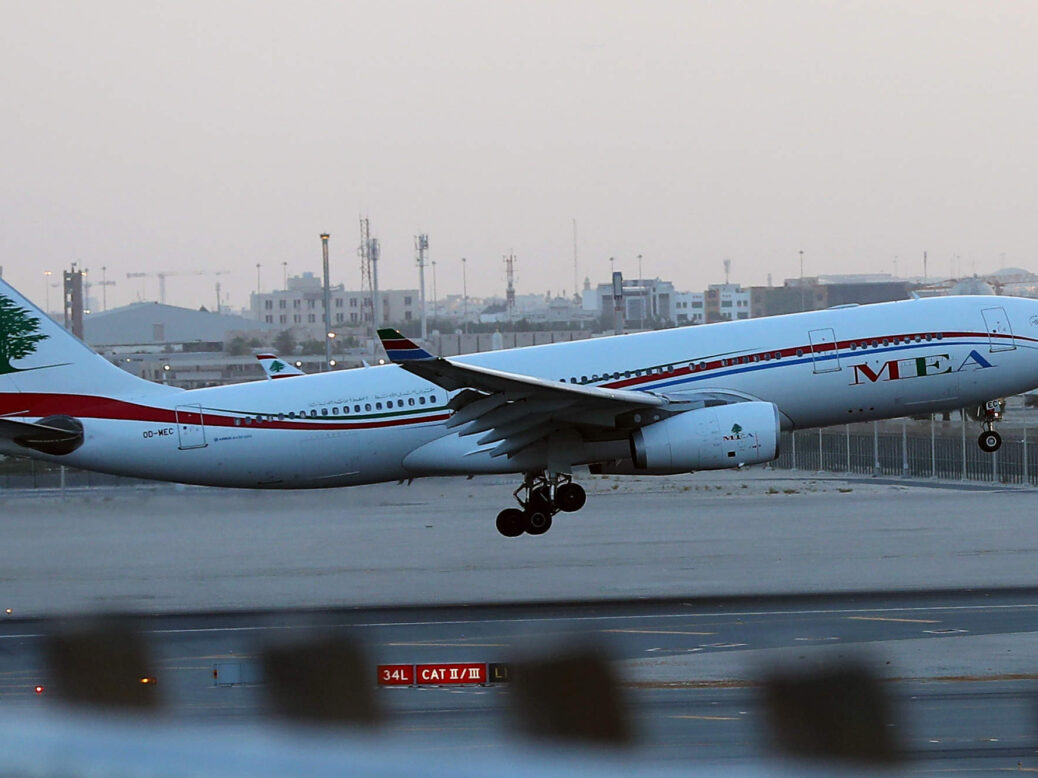
The Arab Gulf needs to act decisively, and unanimously, against jihadist extremism. Organisations like Al-Qaeda and ISIS must not be allowed to regain their strength. The Saudi Crown Prince said that “we must get rid of extremism”. The UAE wants zero tolerance for those who finance terrorism.
Qatar thinks different. Instead of fighting extremism, we believe it hopes to harness it for its own purposes. Just as the Qatari ruler’s father allegedly plotted with Colonel Gaddafi against the Saudi government, so Qatar today, we believe, is seeking to use the Muslim Brotherhood and Al-Qaeda as instruments to give it regional heft. This is why the UAE, Saudi Arabia, Bahrain and Egypt have all split with our neighbour – and not, as my Qatari colleague claimed in your pages, because we want to “take over Qatar”.
Ignore the fine Qatari rhetoric, crafted by the world’s most expensive PR outfits, and let us examine the facts.
Qatar has the largest per capita income in the world, and it uses this vast wealth recklessly. In Libya from 2011 onwards, it backed rebel militias who continue to plague the country with violence, some of which, such as the 17 February Martyrs’ Brigade, are Islamist extremists.
In Syria, according to a 2015 US State Department report, some entities and individuals in Qatar have ties to the Nusra Front, a group which itself has been affiliated with Al-Qaeda.
It is just over a year since Qatar paid an unknown sum that may have totalled nearly a billion dollars to arrange the release of members of its royal family who had been taken hostage in Iraq;
the huge ransom included payoffs (again) to affiliates of Al-Qaeda in Syria as well as $50 million to Qasim Solemani, head of Iran’s Revolutionary Guard, according to text messages obtained by the Washington Post.
When one of the top hosts of Qatar’s Al-Jazeera network, Ahmed Mansour, declared in 2015 that Al-Qaeda’s ideology was “not very different” from that of the Muslim Brotherhood, we believe he meant it approvingly.
The Brotherhood’s chief religious leader Yusuf al-Qaradawi has been an honoured guest in Qatar, despite having defended suicide bombings against Israel, praised Hitler and called the Holocaust “a divine punishment” for Jews.
This pattern of behaviour has been a little more subdued since we brought it to the world’s attention, but not so as to signal a true change of heart. Yes, Qaradawi appears less on Al-Jazeera these days. Yes, Qatar signed a counter-terrorism agreement with the United States. And it finally published a list of terror fundraisers.
On the other hand, in March, Qatar hosted a delegation from the Iranian Revolutionary Guard Corps.
Qatar’s ruler reaches out to the Iranian leadership as a way to scare us and America into condoning its behaviour: if you don’t treat us as your closest ally, is the implicit message, we will side with your worst enemy.
In April, UN-indicted Nusra fundraiser Abdulrahman Al Nuaimi was pictured smiling in the company of Qatar’s prime minister, Abdullah al-Thani.
In May, Qatar’s ruler hugged Qaradawi and gave him a seat of honour next to him at a public gathering.
And we are expected to open our borders to Qatar when this is how it behaves?
Qatar’s spokespeople have presented a benign picture of the changes that the country has made in the past year. Some steps there have been taken, showing that Qatar does indeed feel pressure to reform. But there have also been exaggerations and untruths.
So we say again today to our Qatari neighbours, as we said to them a year ago: you cannot be our friend and the friend of Al-Qaeda. Make your choice.
Sulaiman Almazroui is the the United Arab Emirates ambassador to the UK.






